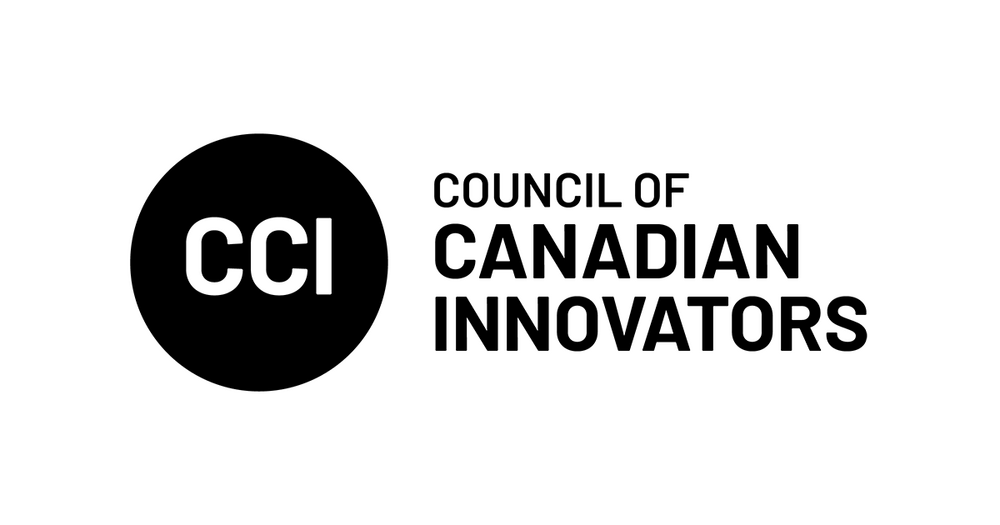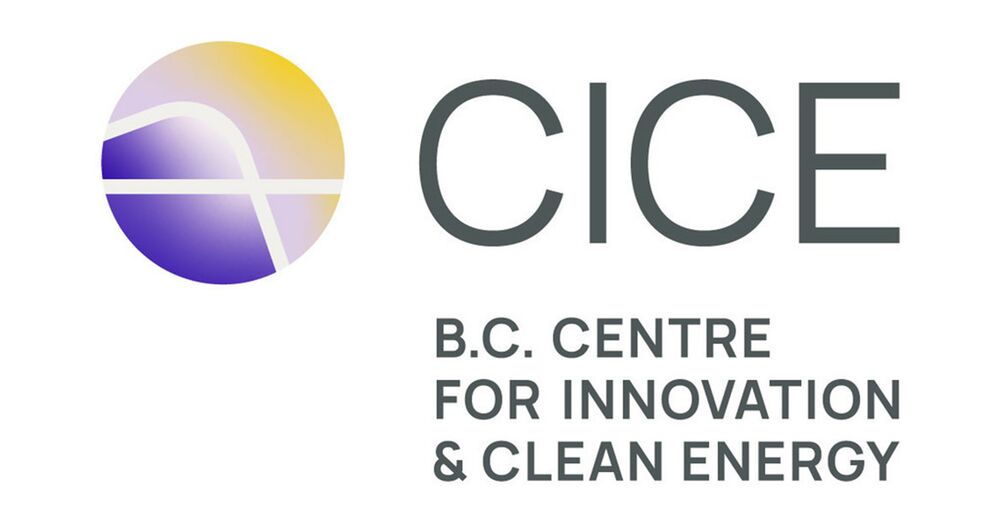Canada is facing difficult and uncertain economic times. In the face of high inflation, low production, shifting political climates, and skyrocketing cost of living. Our greener, more economically prosperous future is not guaranteed. Serious work needs to be done to supercharge Canada’s net zero economy at a time when many feel there are more pressing priorities.
But climate change is the most pressing priority humanity is facing, and if left unchecked, will multiply all other economic challenges we’re currently experiencing. Now is the time to have frank discussions about Canada’s economic and innovation ecosystems, to be honest about the challenges facing us, and the opportunities that are available. Our second annual Future Economy Summit was the perfect opportunity for those discussions, where economic leaders from industry, innovation, government, and academia convened to boldly and candidly discuss the future of the Canadian net zero economy.
Based on the conversations at the Future Economy Summit, here's how we get where we need to go:
We Need Policy to Guide Innovation
GDP per capita is down, inflation is up, and legislation is out of touch with the shifting economic situation. Many of Canada’s industry innovation policies are leftover from the 20th century, having lost their relevance in the modern, competitive world economy.
“Something in our public policy that we have been previously doing isn’t working.”
“When you begin to dig into it, you don’t see the type of support in Canada you do in other jurisdictions,” Bergen said. “Canada is in trouble. Our GDP per capita is now 75 per cent of that of the Americans, it’s 20 per cent lower than the Danes, 20 per cent lower than the Australians. Something in our public policy that we have been previously doing isn’t working.”
Bergen expects that we will likely have to go without critical updates to our innovation policy for the foreseeable future, and predicted that the 2024 budget will likely be focused on top voter issues, like cost of living.
However, to build a favourable environment for Canadian businesses, entrepreneurs, and innovators must be at the centre of Canadian policy, and to achieve this, Canada’s innovation ecosystem must present a unified front and be clear about what supports are needed to be competitive in the global market.
For a deeper dive on how improved government procurement can improve Canada’s innovation ecosystem, read Council of Canadian Innovators’ report, Buying Ideas: Procuring Public Sector Innovation in Canada.
We Need Strategic Acceleration
It’s a sad truth that many cleantech startups will never make it to the market stage, the same being true of small businesses broadly. Traditional market acceleration takes a “rising tide lifts all boats” approach, focusing on market entry for any cleantech solution. The goal is faster rates of commercialization, and to help Canadian entrepreneurs grow their businesses.
“The economy simply cannot sustain all ideas — we run out of funding for the really good ones.”
If you ask Vikram Yadav, we may have too many boats. Betting on the most likely winners may be a better strategy. By evaluating their impact potential, strategic priorities, and current economic requirements, Vikram Yadav suggests we can predict their probability of success. Once vetted, those ventures would receive all of the support they need to commercialize and scale climate solutions, and make a significant impact in our net zero transition and economic prosperity.
This is a bold and controversial new way of reimagining acceleration. But the reality is, there simply aren’t enough resources to fund every idea. cutting down on excessive competition could actually accelerate the process of commercialization, moving solutions to market faster and scaling the most impactful ventures.
We Need to Emphasize the Economic Opportunity
2024 will be a year of exceptional changes around the world. More than 60 democracies are heading into election years, and with a noticeable swing toward conservative leadership and what Justin Bull calls an explosion of anti-ESG sentiment. With careful planning and positioning, there still are opportunities to advance cleantech in this political climate. Cleantech is an enormous economic opportunity, with a projected market size of USD $650 Billion by 2030. The cleantech ecosystem needs to drive home their economic value in order to grow and thrive under new political leadership.
“The only way to win on climate is to win on cost.”
At one time, Bull thought investors would save the world. Now, insurers may be the ones to lead the charge. Climate change is more expensive to ignore than to solve, and insurers, who are at the forefront of climate risk management, are realizing the good economic sense it makes to tackle the problem.
But to be adopted, climate solutions still need to be cheap. The Geneva Association digs deeper into this topic in their report, Bringing Climate Tech to Market: The Powerful Role of Insurance. “If your product costs more than the incumbent, don’t expect anyone to buy it,” Bull said during his closing remarks. “The only way to win on climate is to win on cost.”
We Need to Be Bold in the Face of Big Obstacles
To make a serious impact, cleantech needs to be adopted by industry and end users, and to do that, solutions need to reach cost parity. Luckily, progress is being made. In the last few decades, we have significantly scaled up human capital, and have the talent to develop the solutions.
The remaining hurdles are clear. We need more cleantech investment (both private and government), stronger policies that support innovation, and increased adoption of cleantech solutions by the private and public sectors.
At Foresight, we are working hard to accelerate private and public adoption of cleantech solutions, build powerful networks to drive innovation, and help Canadian companies do more with less.
The crises of today will not solve themselves. Together, we are agents of change for a better world. Nothing will change until we change it.
Join us at the next Future Economy Summit as we continue having the hard conversations on how to navigate our changing world.
Foresight would like to thank our partners, speakers, moderators, attendees, and collaborators who helped make the second annual Climate Economy Summit happen. Opening the door to honest, progressive dialogues like this is a critical step we must take in the fight against climate change.
The Future Economy Summit is powered by Foresight and the BC Net Zero Innovation Network with support from the B.C. Centre for Innovation & Clean Energy, the Centre for Climate and Business Solutions, Creative Destruction Lab, the Council of Canadian Innovators, Innovate BC, and INNOVATEWest.

















